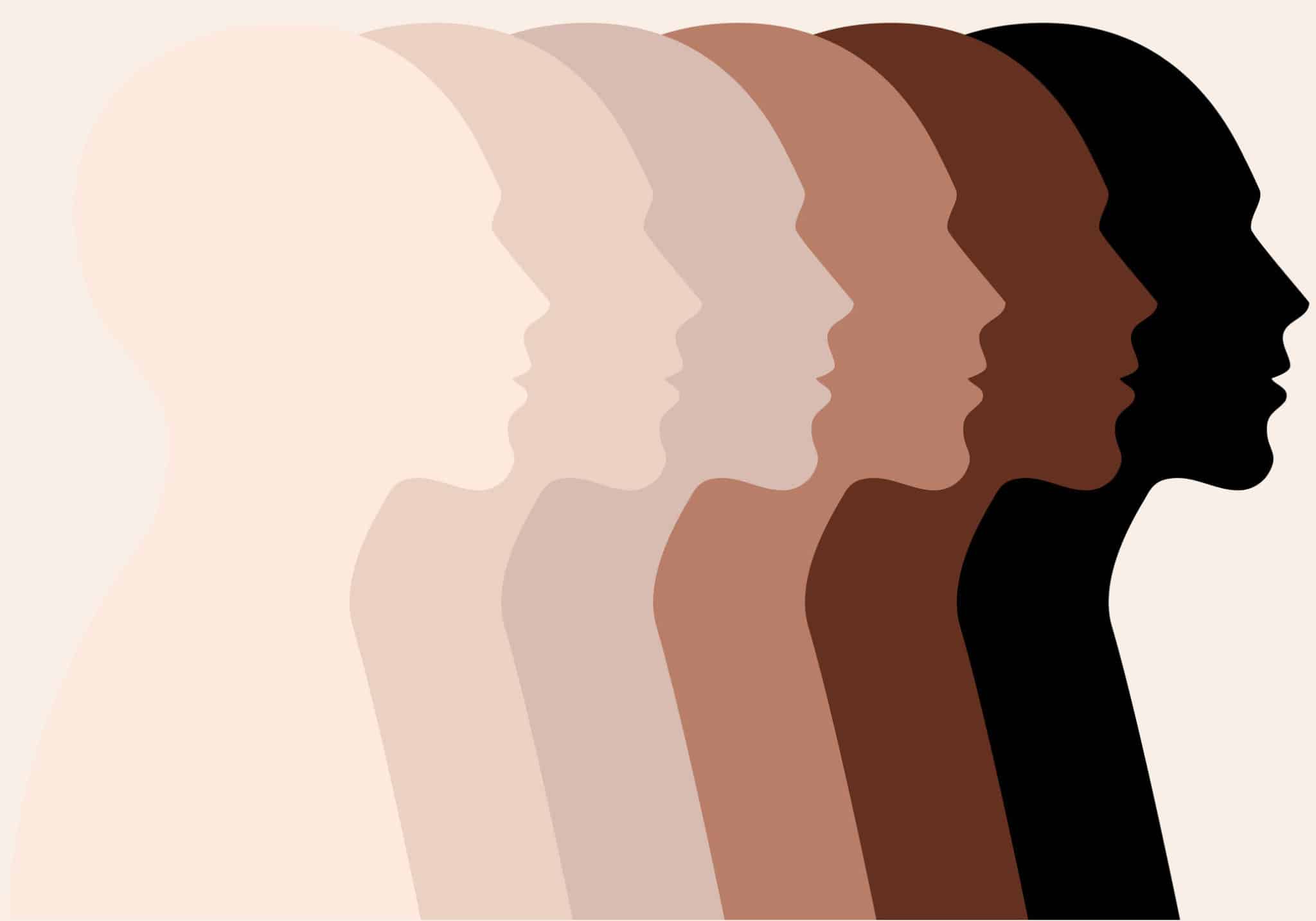 beakraus/Getty Images
beakraus/Getty Images No matter how hard I try, I can never change my skin color. That’s true for every human on earth. If you stereotype me because I’m a brown-skinned man from Morocco, you reduce me to my skin pigmentation. In that mode, you never even need to speak to me– my skin color is all you need to know.
This is why a “colorblind” society has long been an American ideal. We ought to be judged by the fluid uniqueness of our individuality, not by something we can never change.
This seems so obvious it’s almost embarrassing to bring it up. But I bring it up because of a new course offered at the University of Chicago titled, yes, “The Problem of Whiteness.” It’s not even the history or analysis of Whiteness, it’s the problem of Whiteness.
The word “problem” gives the agenda away. Instead of instilling a sense that we are bigger than our skin colors, that we can transcend what we can’t change and focus on what we can change, the educators at the University of Chicago would rather harp on the “problem” with something immutable.
It’s hard to imagine anything more deadening to the mind than fixating on the immutable. Imagine being a White student and spending a semester learning about the “problem” with something you can’t fix. Imagine being a Black student and learning the same thing.
Rene Descartes must be turning in his grave. It’s now “I’m White, therefore I am,” or “I’m Black therefore I am,” and so on. In this reductive mindset, we are no longer vibrant human beings learning to think for ourselves; we are, first and foremost, members of a racial identity group.
Racial hero Martin Luther King would likely see a course like “The Problem of Whiteness” as a step backward.
“For critics of identity politics on the left and right,” Coleman Hughes wrote in The Wall Street Journal in 2019, “King’s appeals to common humanity over racial division are a rebuke not only to white supremacy but also to the racial ideology of today’s progressives.”
King’s ideology, above all, was to appeal to our common humanity and our human agency. He’d have a hard time today with that message.
As Hughes writes: “King’s dream of a colorblind America—where the content of our character matters more than the color of our skin—is hampered by progressives’ focus on checking white privilege and stoking black grievance.”
A university should stoke critical thought, not critical grievance. Grievance nourishes politics; thought nourishes education. If I’m defined by my racial identity, how much is left to think about besides just fighting for my “side”?
Skin color is not just reductive; it also opens up vexing questions. If we’re going to discuss the “problem” of whiteness, for example, is it not fair to also include the good things Whites have produced? Neither one is appealing, because it lumps all whites in one group. Lumping people into racial political groups, rather than allowing them to choose their own, is what sets societies back.
“With regard to the role that racial identity should play in politics,” Hughes writes, “King was unequivocal: First and foremost we are human beings, not members of races… Even when fighting explicitly racist policies, he deployed universal principles rather than a tribal grievance narrative.”
What’s especially galling is that the modern obsession with racial identity is not curing racism but helping mostly the lucrative “anti-racism” industry, where consultants can charge up to $20,000 a day for helping universities devise courses like “the problem of whiteness.” In that industry, the more we focus on skin color, the more money they make.
Perhaps a more enlightening course would be titled, “The Problem of Skin Color.”























 More news and opinions than at a Shabbat dinner, right in your inbox.
More news and opinions than at a Shabbat dinner, right in your inbox.